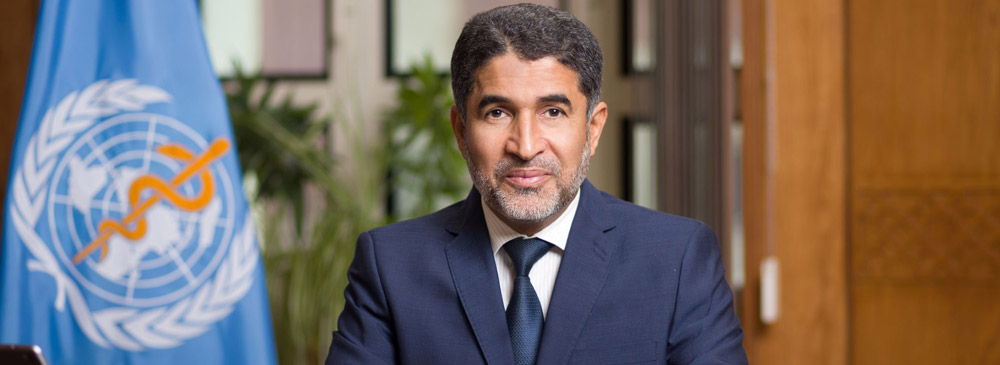
12 March 2020, Cairo, Egypt - Today in our Region, 9960 cases in 16 countries have been reported, including 366 deaths reported in 5 countries (as of 3 pm Cairo local time). Almost all the deaths were patients aged 60 years or above, who had pre-existing conditions that were exacerbated when they contracted the virus.
We are concerned about the increasing number of countries reporting cases in our Region, especially those with weaker health systems. Whereas before, most of the cases reported were travel-related, we are now seeing more cases of local transmission, and this is a worrying development.
Yesterday, the World Health Organization stated that the outbreak of COVID-19 “can be characterized as a pandemic”. This is the first pandemic caused by a coronavirus.
However, describing the situation as a pandemic does not change the response priorities, but rather highlights that WHO and countries should do more to improve prevention and control measures, and invest more in the response. Countries need to actively find cases, isolate them quickly and treat them, and identify and trace their contacts. We also need to ensure that community members have information on what they can do to protect themselves and their families.
As appropriate to the context, some countries and communities may suspend mass gatherings, apply short-term travel restrictions and/or short-term quarantine measures. But these steps must be taken following an objective assessment of the public health risks and the potential socioeconomic impact of those measures. The scale and duration of such measures must be proportionate to the risk.
Working with all countries, our goal continues to focus on containing the spread of the disease and ensuring that health workers and at-risk populations and countries are protected. In countries where no cases have been reported, we are conducting aggressive preparedness measure to make sure that the disease does not cross into their borders.
Data sharing via WHO reporting tools is of utmost importance to ensure good understanding of the dynamic of the outbreak in the Region, the correct identification of control measures to implement, and the global knowledge of this new disease.
While we understand the pressure facing countries in light of this outbreak, I would like to stress the importance of sharing information with WHO regarding identified suspected, probable and laboratory confirmed cases as mandated by the International Health Regulations (IHR).
Unfortunately, even today, as the situation is becoming critical, information on cases is insufficiently reported by countries to WHO. In our Region, less than 20% of all confirmed cases in the Region have been officially communicated by countries to WHO. Countries experiencing the outbreak need to contribute to the global knowledge on prevention and control of COVID-19 by sharing information and lessons learned.
We are all still students of this new virus, so we need to track its spread closely, document progress in managing patients and quickly apply proven public health measures that can help us contain it.
With decisive, early action we can slow down the virus and prevent further spread. Across the Region, there is strong commitment within governments, health sectors and societies overall to control this outbreak. But we need even more concrete action and investment with regards to prevention, preparedness, public health measures and political leadership.
Countries need to continue to detect, test, treat, isolate, trace, and mobilize their people – this approach can prevent a handful of cases from becoming clusters, and prevent clusters from turning into community transmission.
We are all in this together and we all have a role to play. As governments, public health actors, and societies, we need to let our actions be guided by facts and evidence, and not let fear overcome our ability to win the fight against this virus.
Related links
Read the latest updates on coronavirus disease (COVID-19)


